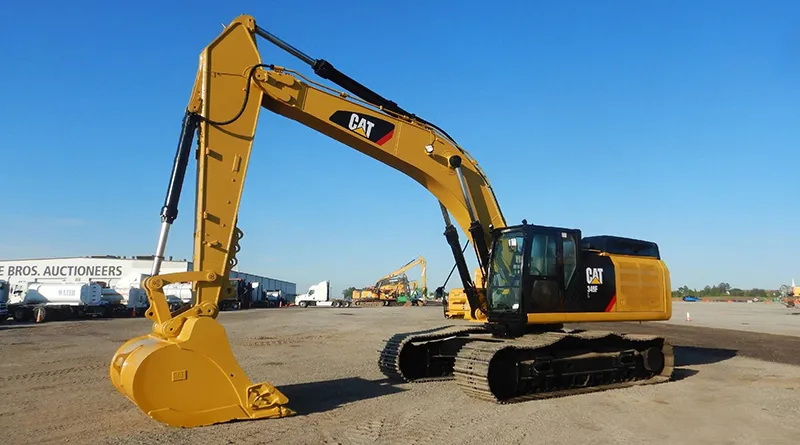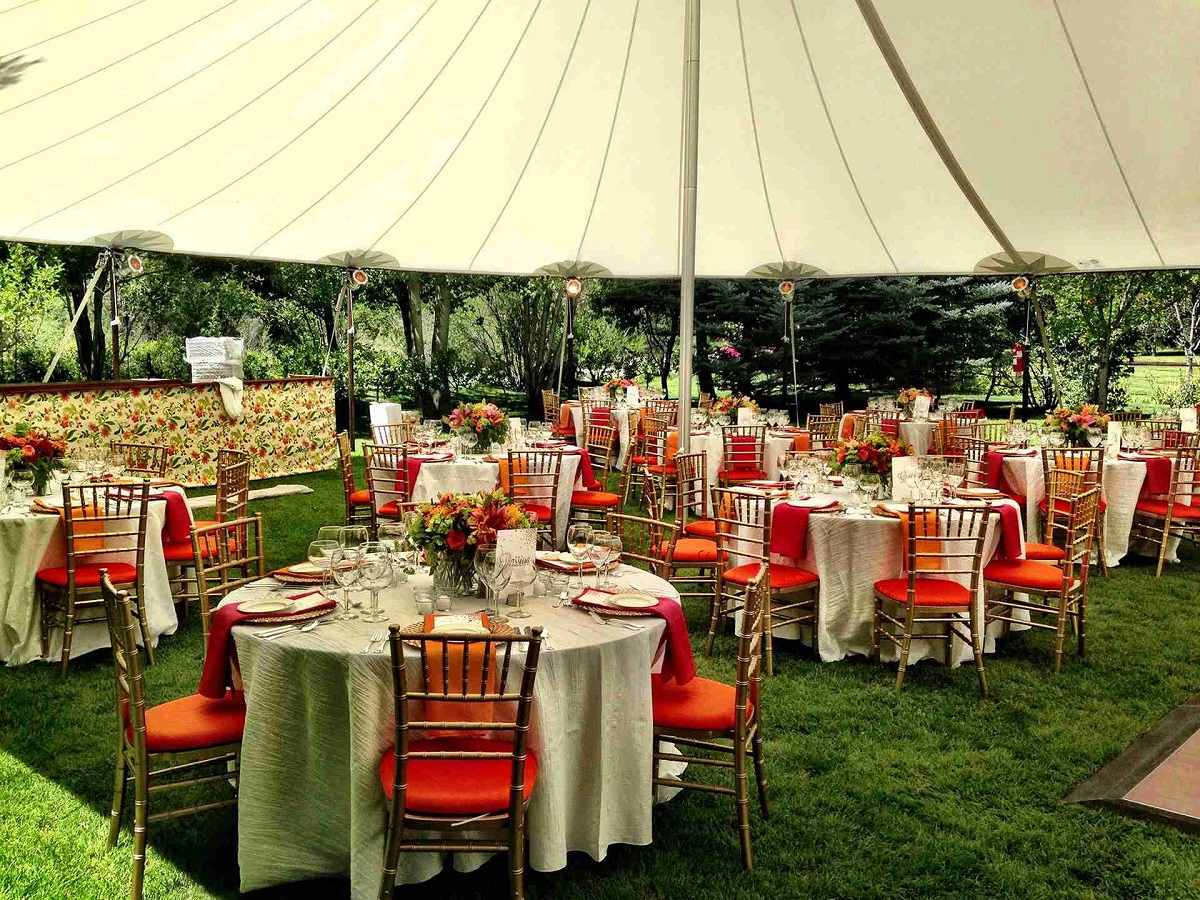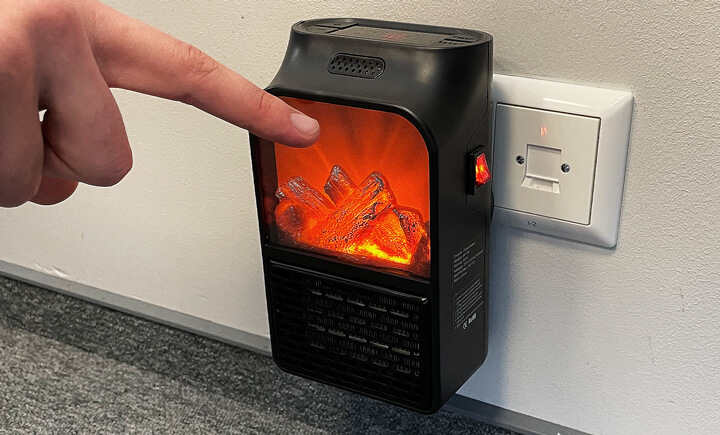The idea of starting a party rental business is a remarkable opportunity for those who have a knack for event management and are good at handling logistics. A party rental business allows you to not only be part of memorable celebrations but also offers lucrative financial returns. Read on to get comprehensive insights on how to set this business from scratch and make it a roaring success.
Why Consider a Party Rental Business
Everyone loves a good party, but no one likes the hassle that comes with planning one. That’s where a party rental business steps in—providing everything from tents to tableware. With the event industry booming, now is the perfect time to dip your toes in. It’s not just weddings and birthdays; corporate events, anniversaries, and even community events offer ample opportunity.
The Nuts and Bolts of Business Planning
Before you dive in, there’s a fair bit of groundwork to cover. You’ll need a comprehensive business plan to guide you through the various stages. Think of this as your roadmap, covering every minor detail from finances to operations.
Crafting Your Business Plan
Your business plan should detail everything from your target market to your competition and pricing strategies. It’s crucial to research the demand in your target area and to outline how your business will meet these needs. Don’t forget to include a sales and marketing plan.
Financial Planning
It’s not enough to just have an idea; you need to know how to fund it. Prepare a detailed budget, factoring in costs for equipment, staffing, and marketing. Having a financial cushion for unforeseen expenses is also a smart move.
Navigating Legal Terrain
Like any other business, you need to make sure you’re operating within the bounds of the law. This includes obtaining all the necessary permits and licenses. While the requirements can differ based on your location, they often involve inspections and sometimes even background checks.
Required Licenses
Permits usually cover health and safety standards, especially if you’re dealing in food-related items. It’s always good to consult legal professionals to ensure you’re covering all your bases.
Business Structure
Choosing the right business structure impacts both your taxes and liability. Whether you decide to go solo or with partners, each format has its pros and cons, and it’s vital to choose wisely.
Equipment and Inventory
What’s a party without the party stuff? Tables, chairs, lighting, and even bounce houses—your inventory is the lifeblood of your business. Make sure you have a varied stock that caters to different types of events.
Buying vs. Renting Equipment

While buying can be a one-time hefty investment, renting can become expensive in the long run. Make an informed decision based on your financial status and business needs.
Inventory Management
Managing your inventory efficiently is crucial. Implement a robust tracking system to keep tabs on your assets, ensuring everything is accounted for and in good condition.
Marketing Strategies
Getting the word out about your new business is the next big hurdle. You’ll need a sound marketing strategy that incorporates both online and offline efforts.
Online Marketing
A well-optimized website and active social media presence are must-haves. You can also invest in pay-per-click advertising for immediate visibility.
Offline Marketing
Don’t underestimate the power of good old-fashioned word of mouth. Additionally, flyers and local partnerships can also be extremely beneficial.
Leveraging Social Media
Social media isn’t just for selfies and memes; it can be a powerful marketing tool. Regular updates, engaging content, and timely responses can take you a long way.
How to Start a Party Rental Business
Starting a party rental business begins with a well-defined concept, backed by a robust business plan and sufficient funding. Once that’s established, it’s all about implementing the plan effectively, and ensuring top-notch quality and service.
Client Acquisition
Reaching out to potential clients involves a lot of networking. Consider partnering with event planners or offering introductory discounts to get your foot in the door.
Retaining Clients
Happy clients are repeat clients. Consistent quality, reliable service, and an occasional discount can help you retain customers.
Managing Operations
From inventory management to customer relations, a successful business is like a well-oiled machine. Proper staffing and workflow processes are critical.
Employees and Team Building
The right team can make or break your business. Focus on creating a strong work culture that encourages productivity and job satisfaction.
Quality Control
Quality assurance needs to be a part of your daily operations. Regular inspections and staff training are a must.
Expansion and Scaling
Once you’ve mastered the local scene, think bigger. Expansion and scaling are the final frontiers and can take your business to the next level.
Measuring Success
It’s essential to keep an eye on Key Performance Indicators (KPIs) like customer satisfaction, financial growth, and the effectiveness of your marketing strategies.
Common Pitfalls and How to Avoid Them
Learning from others’ mistakes is cheaper than making your own. A few common pitfalls include underpricing services, not keeping enough backup inventory, and neglecting customer service.
FAQs
What is the initial investment needed?
The initial investment varies based on location, scale, and type of equipment. Generally, you might need anywhere from $5,000 to $50,000 to get started.
How do I decide what equipment to invest in?
Research your target market and the kinds of events commonly hosted in your area. Start with essential items like tables, chairs, and tents, then expand based on demand.
Do I need a physical office space?
While having a physical office space may add credibility, it is not absolutely essential. You can manage operations from home initially to save costs, but you will need a secure space to store inventory.
How do I handle a difficult client?
Maintain professionalism at all times. Listen to the client’s issues carefully and work on providing solutions that are within the boundaries of your policies and capabilities.
How do I deal with seasonal fluctuations?
Diversifying your services and offering seasonal discounts can help sustain business during off-peak seasons. You could also focus on corporate or indoor events that are less dependent on seasons.
Conclusion
There you have it, a complete guide on how to start a party rental business. While it may seem daunting, with the right planning, commitment, and resources, it’s an endeavor that can offer both financial rewards and personal satisfaction.



